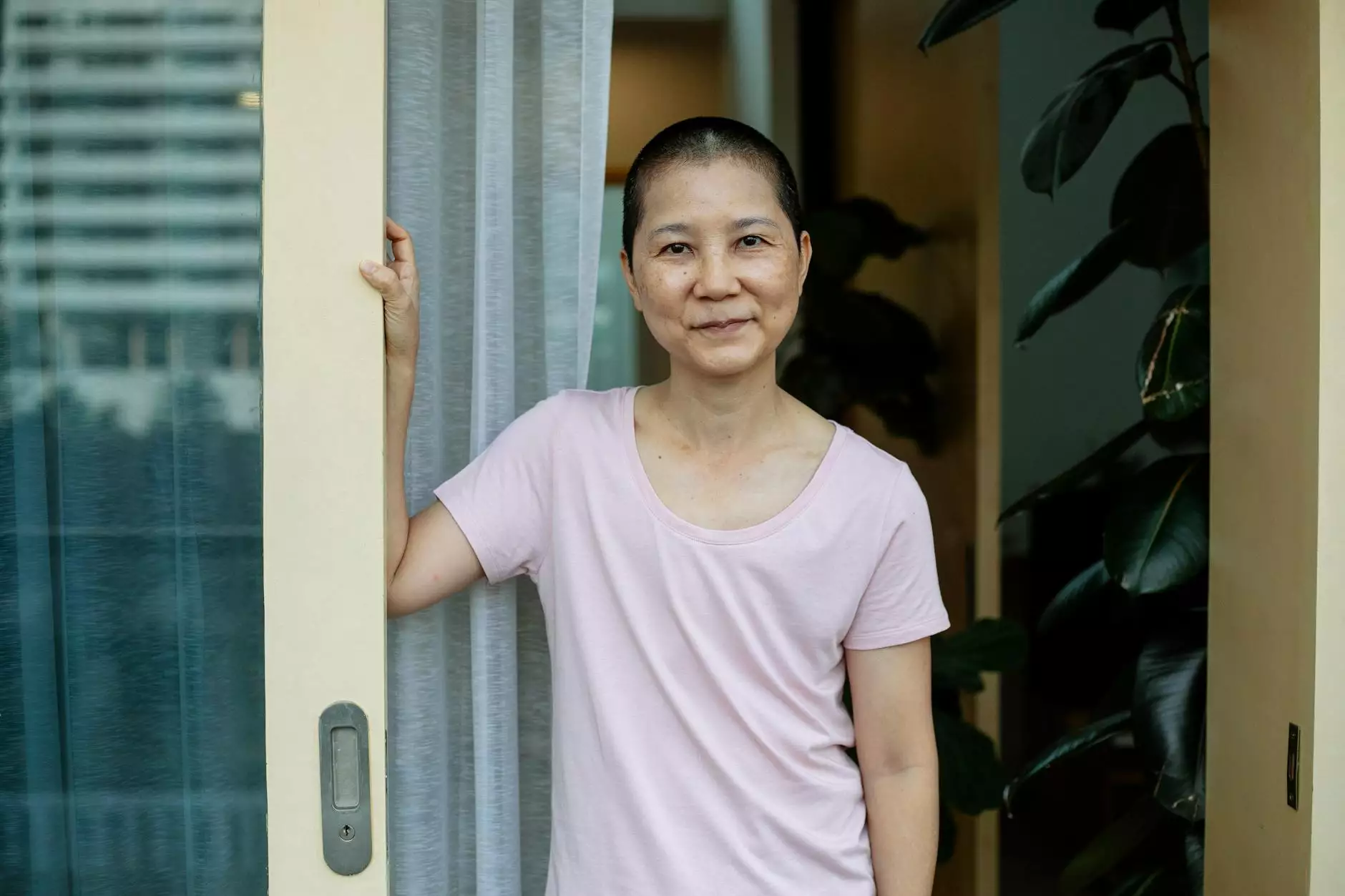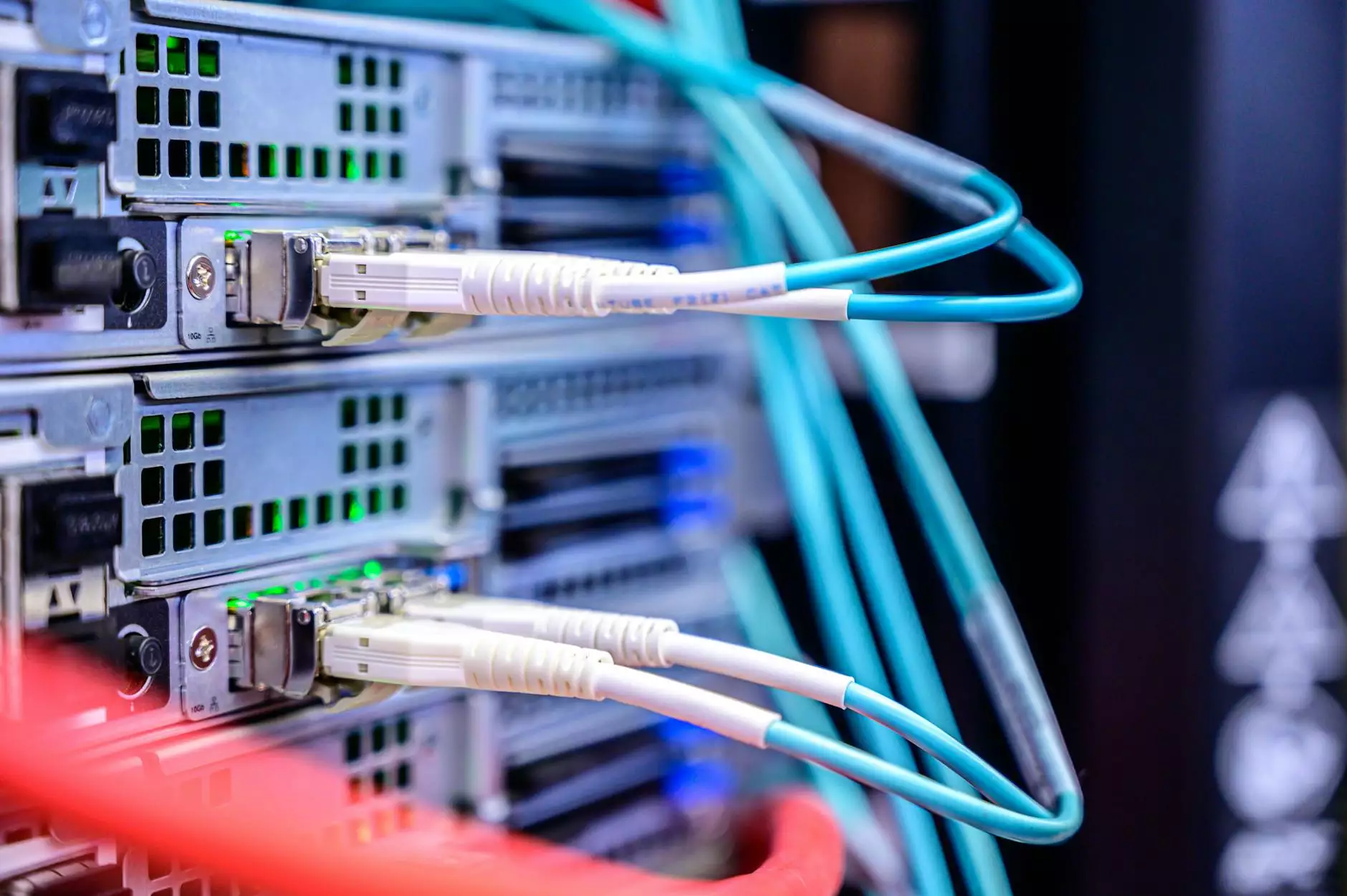Lung Cancer Treatment in Singapore: A Comprehensive Guide

Lung cancer is one of the most prevalent cancer types globally, and its incidence continues to rise. In Singapore, doctors and researchers are at the forefront of lung cancer treatment, providing patients with innovative therapies and supportive care. This article will explore the various treatment options available, the latest advancements in medical technology, and how the healthcare system in Singapore supports lung cancer patients.
Understanding Lung Cancer
Before embarking on a discussion about lung cancer treatment in Singapore, it's essential to understand what lung cancer is and how it develops. Lung cancer primarily arises from the tissues of the lungs and can be classified into two main types:
- Non-Small Cell Lung Cancer (NSCLC): This is the most common type, accounting for about 85% of all lung cancer cases. It is further subdivided into adenocarcinoma, squamous cell carcinoma, and large cell carcinoma.
- Small Cell Lung Cancer (SCLC): This type is less common but tends to grow and spread more quickly than NSCLC.
The primary risk factor for lung cancer is cigarette smoking, but other factors such as secondhand smoke exposure, air pollution, and genetic predispositions can also contribute to the disease. Early detection is crucial, as it significantly increases the chances of successful treatment.
Diagnosis of Lung Cancer
Diagnosing lung cancer involves a series of steps, including:
- Medical History and Physical Examination: Doctors will inquire about symptoms, risk factors, and family history.
- Imaging Tests: Tests such as chest X-rays, CT scans, and MRI help visualize abnormalities in the lungs.
- Tissue Biopsy: A definitive diagnosis can only be made through a biopsy, where a sample of lung tissue is examined for cancerous cells.
Once diagnosed, the next step is to determine the stage of cancer, which informs treatment options.
Treatment Options for Lung Cancer in Singapore
In Singapore, patients have access to a range of advanced treatment options for lung cancer. The treatment plan often depends on the stage of cancer, the patient's overall health, and preferences. Here are the main treatment modalities:
1. Surgery
Surgery is often the primary treatment for lung cancer, especially if it is detected in its early stages. The following surgical procedures are commonly performed:
- Lobectomy: Removal of an entire lobe of the lung.
- Pneumonectomy: Removal of an entire lung.
- Sleeve Resection: Removal of a section of the airway.
In each case, the goal is to eliminate cancer while preserving as much lung function as possible.
2. Radiation Therapy
Radiation therapy uses high-energy rays to kill cancer cells. It can be used as a primary treatment for patients who are not candidates for surgery or as an adjunct to surgery. In Singapore, techniques such as stereotactic body radiation therapy (SBRT) offer precise targeting of tumors, minimizing damage to surrounding healthy tissue.
3. Chemotherapy
Chemotherapy involves the use of drugs to eliminate cancer cells. It can be administered orally or through intravenous infusions. This treatment is often used for advanced stages of lung cancer or before surgery to shrink tumors.
4. Targeted Therapy
Targeted therapy focuses on specific genetic mutations in cancer cells. Drugs used in this treatment can block the growth of cancer by attacking specific pathways that the cells exploit. In Singapore, oncologists utilize advanced genetic testing to tailor treatments accordingly, enhancing the overall effectiveness.
5. Immunotherapy
Immunotherapy is another innovative approach that aids the body’s immune system in fighting cancer. Medications known as immune checkpoint inhibitors have shown promise in treating lung cancer, particularly for patients with advanced disease. This treatment modality is gaining traction in Singapore as clinicians observe positive outcomes in patients.
The Role of Multidisciplinary Teams
In Singapore, the treatment of lung cancer is a collaborative effort among a multidisciplinary team of healthcare providers. This team typically includes:
- Oncologists
- Surgeons
- Radiologists
- Nurses
- Nutritionists
- Psychologists
This comprehensive approach ensures that patients receive holistic care that addresses their physical, emotional, and psychological needs.
Support Services for Lung Cancer Patients
Beyond medical treatment, support services play a vital role in the journey of lung cancer patients. In Singapore, various resources are available, including:
1. Counseling Services
Emotional and mental well-being is crucial for patients navigating a lung cancer diagnosis. Counseling services provide essential support through individual therapy and support groups, helping patients and their families cope with the challenges of the disease.
2. Nutritional Support
A balanced diet can enhance recovery and improve the overall quality of life. Nutritionists and dietitians offer tailored dietary plans to meet the specific needs of patients undergoing treatment.
3. Rehabilitation Services
Physical therapy and rehabilitation are essential for regaining strength and function. Physical therapists in Singapore work with patients to develop personalized exercise programs that aid recovery and improve endurance and mobility.
Advancements in Lung Cancer Research in Singapore
The landscape of lung cancer treatment is continually evolving, with research playing a significant role in the development of novel therapies. In Singapore, research institutions and hospitals actively participate in global clinical trials, contributing to progress in lung cancer therapeutics.
Recent breakthroughs include biomarker testing to identify patients who may benefit from targeted therapies and the exploration of combination therapies that enhance treatment efficacy. Such advancements offer new hope to patients battling lung cancer, improving survival rates and quality of life.
Conclusion
In summary, lung cancer treatment in Singapore is supported by cutting-edge medical technologies, multidisciplinary teams, and extensive support services. With a focus on personalized care, patients receive comprehensive treatment tailored to their unique needs. As research continues to advance, the future looks promising for lung cancer patients in Singapore.
If you or a loved one is facing a lung cancer diagnosis, it is essential to consult with qualified healthcare professionals. They can guide you through the best treatment options and support services available in Singapore.
For more information on lung cancer treatment and support services, visit HelloPhysio.
lung cancer treatment singapore








